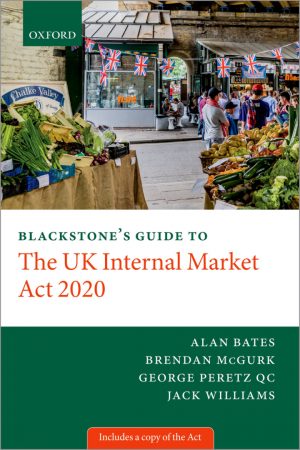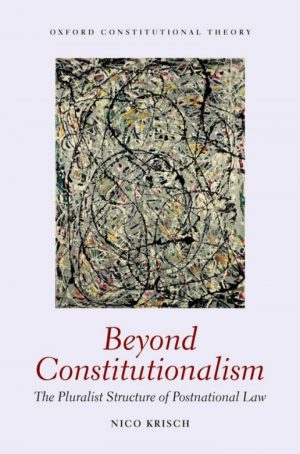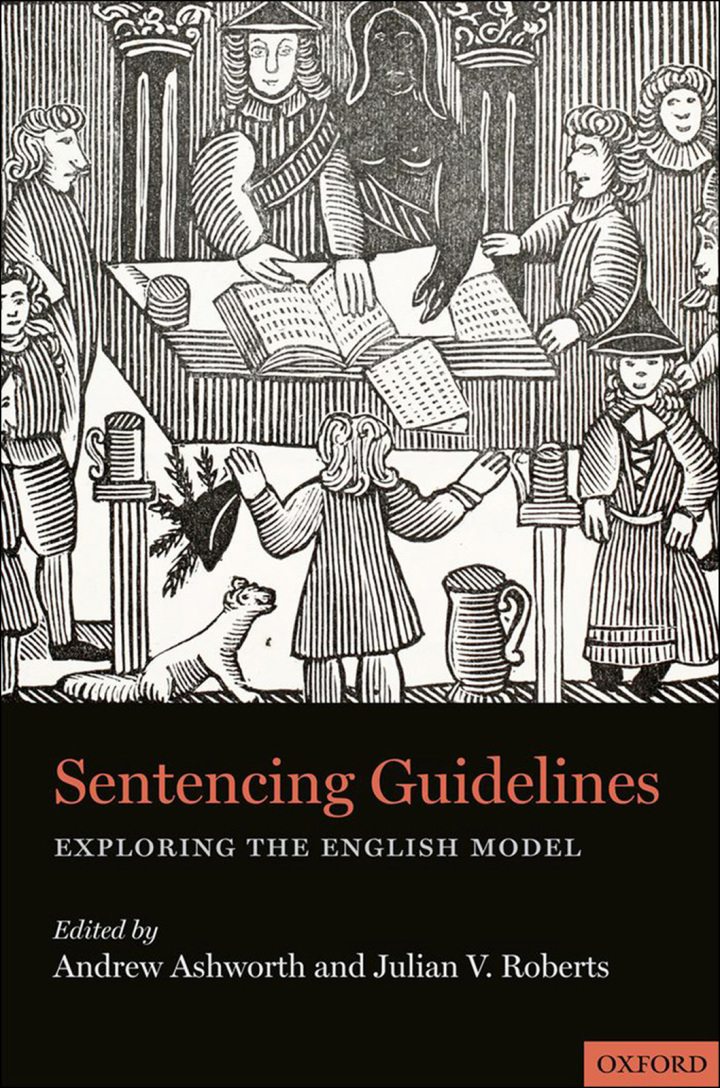Sentencing Guidelines 1st Edition Exploring the English Model
$53.62
Attention: This is just ebook, Access Codes or any other Supplements excluded! / File Delivery: Sent Via Email within 24 hours!
SKU: 1f1fadcef295
Category: Law Textbooks
Description
-
Author(s)Andrew Ashworth; Julian V. Roberts
-
PublisherOUP Oxford
-
FormatPDF
-
Print ISBN
9780199684571, 019968457X -
eText ISBN
9780199684571, 019968457X -
Edition1st
-
Copyright
- Details
The politics of criminal sentencing has recently crystallised around the issue of whether and how a system of structured sentencing should inform judicial approaches to punishing criminals. Increasingly, structured sentencing guidelines are being introduce to frame judicial discretion. This volume is the first to examine the experience in England and Wales in the light of international developments. This collection of essays begins with a clear and concise history of the guidelines as well as a description of how they function. Topics addressed include the effect of guidelines on judicial practice, the role of public opinion in developing sentencing guidelines, the role of the crime victim in sentencing guidelines, and the use of guidelines by practicing barristers. In addition, the international dimension offers a comparative perspective: the English guidelines are explored by leading academics from the United States and New Zealand. Although there is a vast literature on sentencing guidelines across the United States, the English guidelines have attracted almost no attention from scholars. As other jurisdictions look to introduce more structure to sentencing, the English scheme offers a real alternative to current US schemes. Contributors include practicing lawyers, legal and socio-legal academics, and also scholars from several other countries including New Zealand and the United States, providing a multidisciplinary and cross-jurisdictional approach to sentencing. This book will be of interest to academics from law, sociology and criminology, legal practitioners, and indeed anyone else with an interest in sentencing, around the world.
Related products
-

Blackstone’s Guide to the UK Internal Market Act 2020
Rated 0 out of 5$22.10 Add to cart -

Antimonopoly and American Democracy 1st Edition
Rated 0 out of 5$7.80 Add to cart -

BEYOND CONSTITUTIONALISM OCON C The Pluralist Structure of Postnational Law
Rated 0 out of 5$22.10 Add to cart -

A Theory of International Organization
Rated 0 out of 5$11.05 Add to cart

